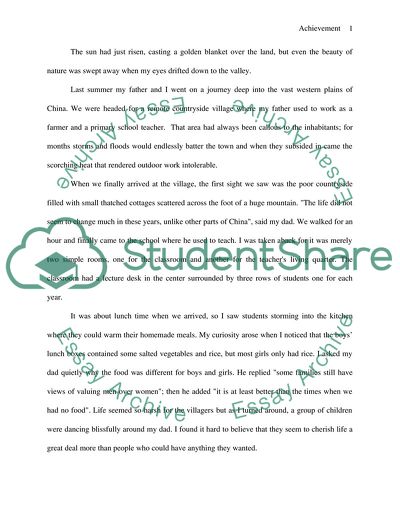Cite this document
(Chinese Cultural Traditions and Modernization Personal Statement, n.d.)
Chinese Cultural Traditions and Modernization Personal Statement. Retrieved from https://studentshare.org/culture/1727553-evaluate-a-significant-experience-achievement-risk-you-have-taken-or-ethical-dilemma-you-have-faced-and-its-impact-on-you
Chinese Cultural Traditions and Modernization Personal Statement. Retrieved from https://studentshare.org/culture/1727553-evaluate-a-significant-experience-achievement-risk-you-have-taken-or-ethical-dilemma-you-have-faced-and-its-impact-on-you
(Chinese Cultural Traditions and Modernization Personal Statement)
Chinese Cultural Traditions and Modernization Personal Statement. https://studentshare.org/culture/1727553-evaluate-a-significant-experience-achievement-risk-you-have-taken-or-ethical-dilemma-you-have-faced-and-its-impact-on-you.
Chinese Cultural Traditions and Modernization Personal Statement. https://studentshare.org/culture/1727553-evaluate-a-significant-experience-achievement-risk-you-have-taken-or-ethical-dilemma-you-have-faced-and-its-impact-on-you.
“Chinese Cultural Traditions and Modernization Personal Statement”, n.d. https://studentshare.org/culture/1727553-evaluate-a-significant-experience-achievement-risk-you-have-taken-or-ethical-dilemma-you-have-faced-and-its-impact-on-you.


